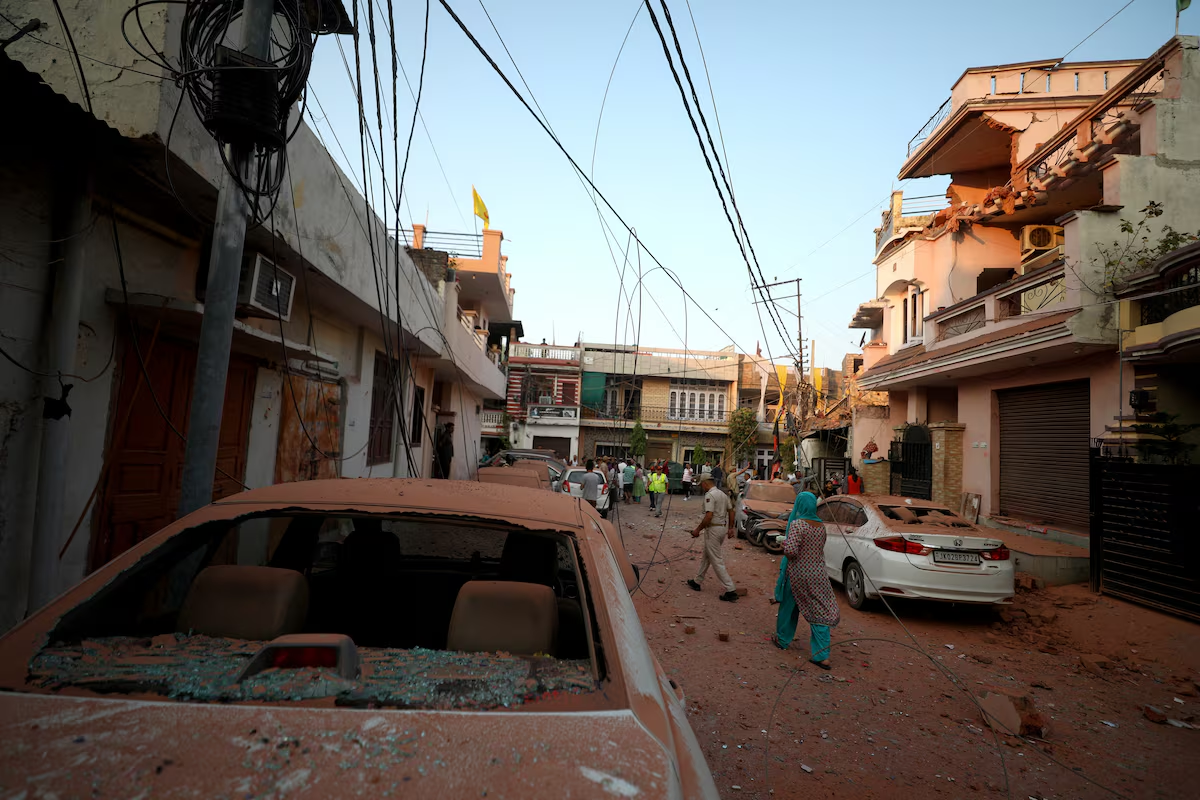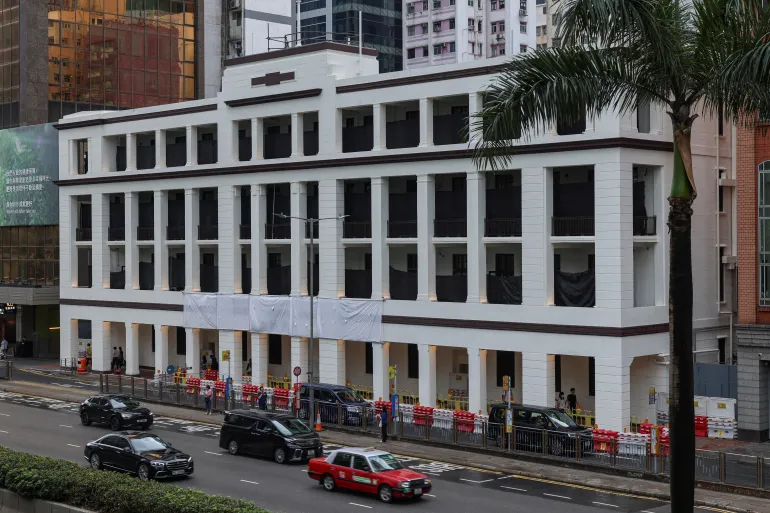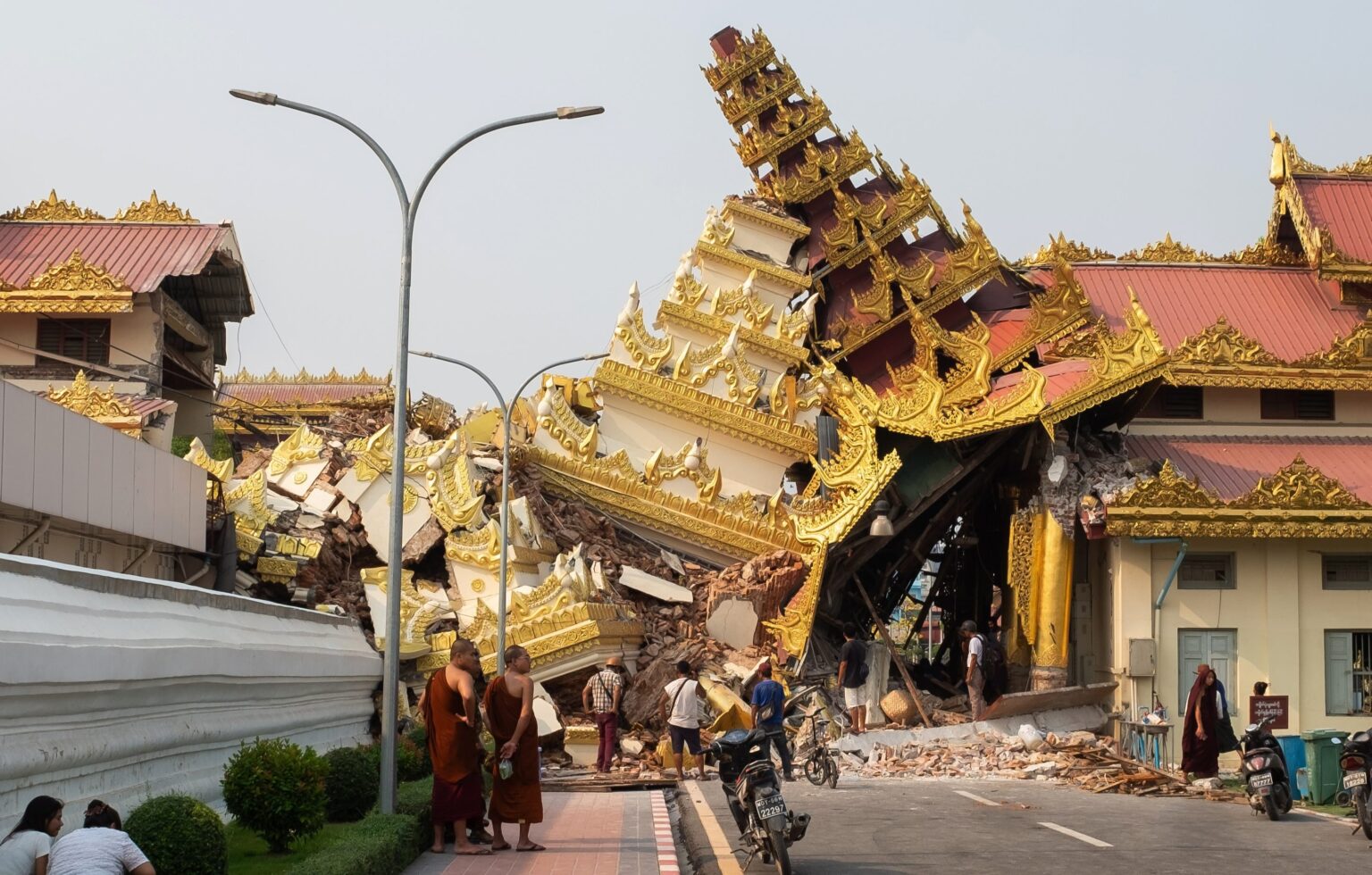On May 10, 2025, Pakistan’s military announced that three of its air bases—Murid, Rafiqui, and a facility near Islamabad—were targeted by Indian missile strikes. This development marks a significant escalation in the ongoing hostilities between the two nuclear-armed neighbors, following a series of retaliatory actions initiated earlier in the week.
The recent surge in tensions began with India’s launch of “Operation Sindoor” on May 7, a military campaign aimed at dismantling what New Delhi described as terrorist infrastructure in Pakistan and Pakistani-administered Kashmir. India attributed the operation to a retaliatory response against the April 22 attack in Pahalgam, Kashmir, which resulted in the deaths of 26 Indian tourists. India holds militant groups Jaish-e-Mohammed and Lashkar-e-Taiba, allegedly supported by Pakistan, responsible for the attack.
In response to India’s actions, Pakistan claimed to have shot down several Indian aircraft and vowed further retaliation. The situation has led to daily clashes since the initiation of Operation Sindoor, resulting in at least 48 fatalities. Both nations have accused each other of violating airspace and engaging in aggressive military maneuvers.
Amid these developments, there was confusion regarding Pakistan’s potential nuclear response. Initially, Pakistan’s military stated that Prime Minister Shehbaz Sharif had convened a meeting of the National Command Authority (NCA), the body overseeing the country’s nuclear arsenal. However, Defence Minister Khawaja Asif later denied that any such meeting had occurred or was scheduled, stating, “No meeting has happened of the National Command Authority, nor is any such meeting scheduled.”
International actors have expressed concern over the escalating tensions. U.S. Secretary of State Marco Rubio engaged in diplomatic efforts by speaking with Pakistan’s Army Chief General Asim Munir and India’s Foreign Minister Subrahmanyam Jaishankar, urging both nations to de-escalate the situation and restore direct communication to prevent any miscalculations. The Group of Seven (G7) nations also called for direct dialogue between India and Pakistan to address the crisis.
The situation remains volatile, with both countries maintaining a hardline stance. Pakistan’s Foreign Minister stated that the country would consider halting its actions if India refrains from further aggression. However, the lack of clear communication and ongoing military activities suggest that the path to de-escalation may be fraught with challenges.
As the international community watches closely, the potential for further escalation underscores the urgent need for diplomatic intervention to prevent a broader conflict between these two nuclear-armed nations.
Source: Reuters



